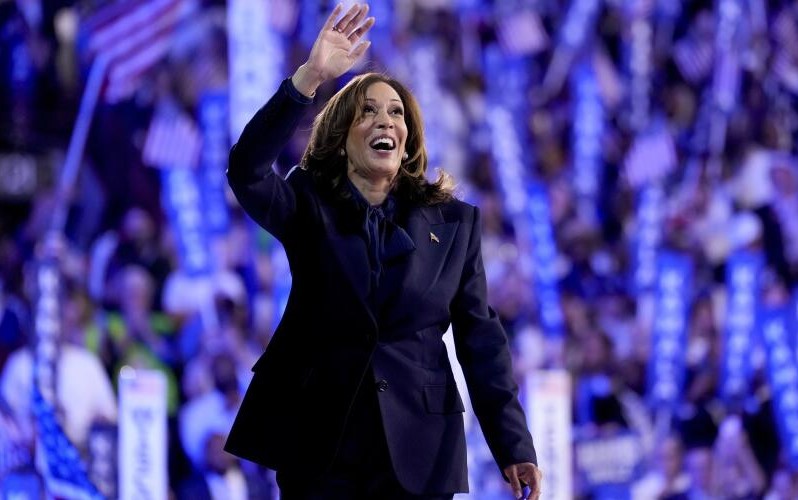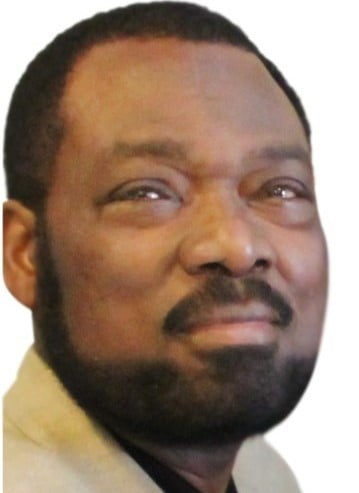In the face of our common dangers, let us not turn back!

One of the questions on the mind of many people during this election cycle is whether America is finally ready to elect a woman as its president. The legitimate question rose from the ashes of the 2016 presidential election when we refused to elect Hillary Rodham Clinton, one of the best-qualified candidates ever to be president, and chose a lesser candidate, Donald Trump, who bled all the way to Election Day from self-inflicted wounds of sexual misconduct and bigotry.
Sure enough, although the United States is arguably the most advanced democracy in the world, women politicians are still in the minority, with women holding only 25 of the 100 seats in the Senate, and 125 out of the 435 seats in the House of Representatives. But what role did gender play in Clinton’s defeat? Is there such a risk for Vice President Kamala Harris?
I have seen, heard and read most of the explanations for Clinton’s loss to Trump, from the simple one-page articles to massive academic analyses. In all, the dominant culprit was the devastating announcement by then-FBI Director James Comey, 12 days before Election Day, that he had found new material that prompted the reopening of the investigation into Clinton’s use of a personal email server instead of the secured government one.
Although in her book, What Happened, Clinton herself pointed to the email controversy as what doomed her candidacy, several leading analysts and top operatives of both Clinton’s and Trump’s campaigns pointed out other reasons. Clinton’s campaign manager, Robert Mook, told NBC News, “A lot of things came together to create what happened. We had a bunch of black swans that converged on us.”
Gender did not appear to be one of those “black swans.” At worst, it was peripheral.
One of the several other factors that played a part in closing the White House’s door to the first serious woman candidate in the country’s history was the relatively low turnout of Black voters—89% vs 93% for Obama in 2012, according to Roper Center for Public Opinion Research. History would have been written differently in 2016 if a relatively small number of voters did not stay home, believing that the lightweight, compromised Republican nominee stood no chance of winning anyway.
This rings loudly an alarm bell for Kamala Harris.
Yes, the momentum shifted to her advantage quasi instantly after President Biden dropped out of the race. Yes, her track record as a prosecutor is dazzling. Yes, she has raised a ton of money. And, yes, she is a strong campaigner. However, her opponent and his clan are a formidable force to reckon with.
In 2016, top members of the Republican party vilified Trump. But he has bullied most of them and turned into a cult figure.
In this election cycle, the stakes are higher than ever. The policy choices offered by the two candidates are as different as day and night, not to say a word about the possible implementation of Trump’s terrifying Project 2025.
In sum, even without the October surprise that James Comey pulled on Clinton, causing an earthquake that delivered the White House to Donald Trump who was as shocked as most people, there is still a strong reason for caution this time around.
In his inaugural speech on January 20, 2009, President Barack Obama said, pointing to what he termed “our common dangers,”
“Let it be said by our children’s children that when we were tested, we refused to let this journey end, that we did not turn back nor did we falter; and with eyes fixed on the horizon and God’s grace upon us, we carried forth that great gift of freedom and delivered it safely to future generations.”
These words carry an even heavier weight than they did 15 years ago.
To read more, click here
___________

Soumanou Salifou is the founder/publisher of The African Magazine.

